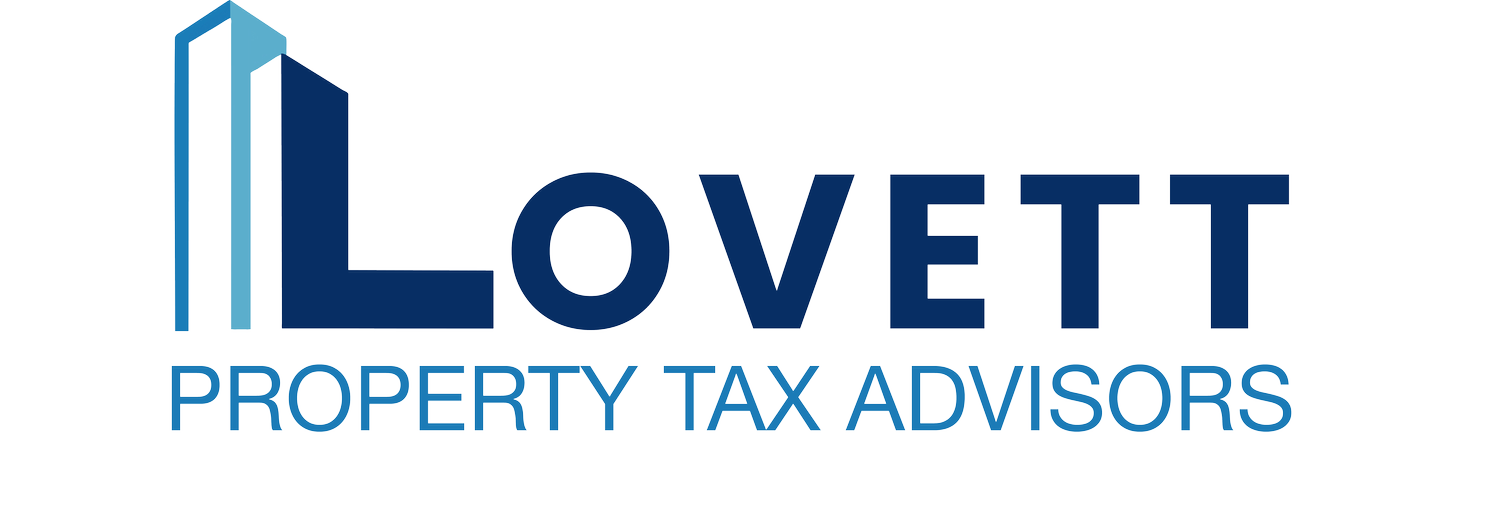Understanding South Carolina's Board of Assessment Appeals: A Comprehensive Guide
Introduction:
When it comes to property taxes, fair and accurate assessments are crucial for both property owners and the state government. In South Carolina, the Board of Assessment Appeals plays a vital role in ensuring a transparent and equitable property assessment process. In this article, we will explore the functions, procedures, and significance of the South Carolina Board of Assessment Appeals, shedding light on its role in maintaining tax fairness and addressing property assessment disputes.
1. What is the South Carolina Board of Assessment Appeals?
The South Carolina Board of Assessment Appeals is an independent entity established by state law to oversee property tax assessment appeals. The board is responsible for resolving disputes related to property valuations, exemptions, and assessment methodologies. It operates as a quasi-judicial administrative agency, ensuring impartiality and adherence to established assessment guidelines.
2. The Composition of the Board:
The Board of Assessment Appeals in South Carolina comprises seven members appointed by the governor with the advice and consent of the Senate. Each member serves a term of five years. The board consists of professionals with diverse backgrounds, including appraisers, real estate brokers, attorneys, and other experts in the field of property valuation.
3. Functions and Responsibilities:
a. Assessment Appeals: The primary function of the Board of Assessment Appeals is to hear and adjudicate appeals from property owners dissatisfied with their property tax assessments. These appeals typically involve disagreements over property values, classification, exemptions, and other assessment-related issues.
b. Property Valuation Review: The board also reviews the overall assessment process and procedures to ensure compliance with applicable laws and regulations. It may recommend changes or improvements to enhance the accuracy and fairness of property assessments.
c. Exemptions and Special Cases: The board addresses appeals related to property tax exemptions, such as those granted to religious, educational, or charitable organizations. It reviews these cases to determine if the property meets the eligibility criteria for exemption.
4. The Assessment Appeal Process:
a. Filing an Appeal: Property owners who wish to contest their property tax assessments must file an appeal with the Board of Assessment Appeals within the prescribed timeframe. The appeal must include relevant documentation and a clear statement of the grounds for the appeal.
b. Hearings and Evidence: Once an appeal is filed, the board schedules a hearing where both the property owner and the assessing authority present their arguments and evidence. Property owners have the opportunity to provide documentation supporting their claim, such as recent appraisals or sales data.
c. Decision and Review: After considering the evidence presented, the board makes a decision based on the merits of the case. Property owners may receive written notification of the board's decision, which can be appealed further if they remain dissatisfied.
5. The Importance of the Board:
The Board of Assessment Appeals plays a critical role in maintaining a fair and transparent property tax system in South Carolina. By providing an independent forum for property owners to contest assessments, the board ensures that assessments are accurate, consistent, and in line with state laws. This instills confidence in property owners, promotes tax equity, and safeguards the integrity of the property tax system.
Conclusion:
The South Carolina Board of Assessment Appeals serves as a crucial intermediary between property owners and the assessing authority, offering an avenue for fair and impartial resolution of assessment disputes. Its composition of knowledgeable professionals and adherence to established procedures ensures that property assessments are accurate and comply with applicable laws. By upholding tax fairness and promoting transparency, the board contributes to the overall integrity of South Carolina's property tax system, benefiting both property owners and the state.


